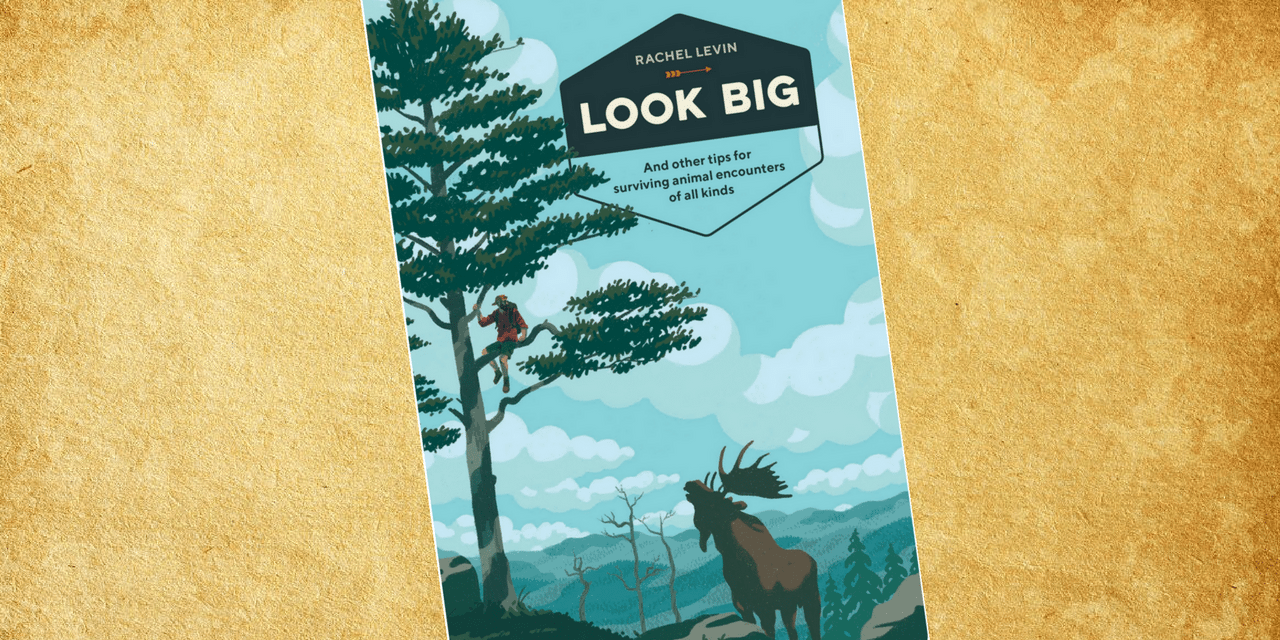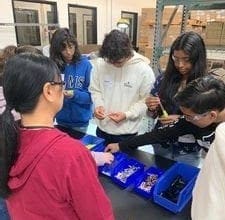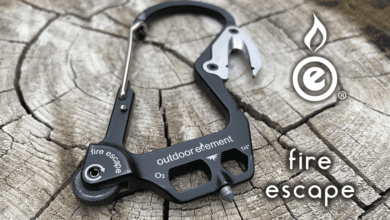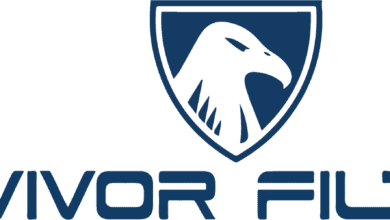PLASTIC ITEMS MAKE UP 81 PERCENT OF WASTE FOUND ACROSS U.S. NATIONAL PARKS

Results from Community Research Project Underscore Urgent Need to Address Single-Use Plastic in National Parks
The 5 Gyres Institute and partners reveal findings from Plastic-Free Parks TrashBlitz, a community science project tracking plastic pollution in U.S. national parks. According to data submitted by volunteers, plastic is the most prevalent material found across national parks and federal lands, making up 81 percent of all trash recorded.
Food and drink-related items made up the bulk of waste found, comprising 45 percent of total trash recorded. Cigarette butts, food wrappers, plastic bottles, bottle caps, and textiles were the most common items found. Repeatedly topping the list of top corporate plastic polluters in the world1, Coca-Cola, Nestle, and PepsiCo were among the top 10 brands identified, along with Camel, Marlboro, Nature Valley, Gatorade, Crystal Geyser, Parliament, and Kirkland.
Project partners mobilized volunteers across the country to organize cleanups from July through September and input their findings into the TrashBlitz research platform. More than 500 volunteers participated in cleanups at 44 sites around the country, including national parks and federal lands like urban parks, forests, and monuments managed by the National Park Service. TrashBlitz volunteers also sampled data at Yosemite Facelift, an annual, five-day cleanup event in Yosemite National Park during which 1,300 volunteers collected 14,780 pounds of trash.
The data from Plastic-Free Parks TrashBlitz underscores an urgent need for policy change and legislation that addresses single-use plastic in national parks. Earlier this year, the U.S. Department of the Interior announced an order to phase out the sale of single-use plastic on federal lands by 20322, but these results show that the plastic issue requires swifter action. In addition to moving up the 10-year timeline, the National Park Service can implement improvements at parks, like increasing access to refill stations and requiring reusable foodware for on-site dining.
https://www.breakfreefromplastic.org/wp-content/uploads/2021/10/BRAND-AUDIT-REPORT-2021.pdf2
A bill introduced last year by Representative Mike Quigley3 would ban the sale and distribution of several top items found during the TrashBlitz project, including single-use plastic bottles, straws, and packaging. If passed, the Reducing Waste in National Parks Act is the quickest way to address single-use plastic pollution in national parks.
“I’ve been lucky enough to visit seven national parks during my time in Congress. Each visit emphasizes the importance of protecting these national treasures from all threats,” said Congressman Quigley. “These visits have also taught me that plastic pollution in our parks causes serious damage to many fragile ecosystems. We must pass the Reducing Waste in National Parks Act to ensure the health and beauty of our national parks for generations to come.”
The full report from Plastic-Free Parks TrashBlitz can be found here.
Nonprofit and brand partners supporting Plastic-Free Parks TrashBlitz include 5 Gyres, Azulita Project, Ban SUP Refill, Beyond Plastics Seattle, Break Free From Plastic, ChicoBag Company, Community Environmental Council, Gnarwhal Coffee Co., Inland Ocean Coalition, Klean Kanteen, MOM’s Organic Market, Natracare, Oceana, Oceanic Global, Oceanic Preservation Society, Plaine Products, Plastic Free Future, Plastic Free July, Plastic Pollution Coalition, Port Arthur Community Action Network (PACAN), prAna, Preserve, ProGrade Digital, Resilient Palisades, Sarama Inc, Shark Stewards, Story of Stuff Project, Surfrider San Francisco, Sway, The Bay Foundation, The Last Plastic Straw, Weeks Bay National Estuarine Research Reserve, and Zero Waste Washington.
Quotes from Partners:
“Every piece of trash documented by volunteers is incredibly valuable in helping us understand the plastic pollution trends unique to national parks and federal lands. As a result of the nationwide Plastic-Free Parks TrashBlitz, we have solid data that shows single-use plastic items make up the majority of trash escaping the waste stream and ultimately harming the health of our people, wildlife, and waterways in our most cherished landscapes. We must take immediate action to reduce plastic pollution at its source – by eliminating the sale, distribution, and usage of all single-use disposable plastics and investing in reuse infrastructure and sustainable packaging choices.”
– Alison Waliszewski, Policy Director, 5 Gyres Institute
“Citizen science has spoken: Plastic pollution is a problem in our national parks, and single-use plastic tops the charts of waste collected. Our parks and wildlife can’t wait 10 years to reverse this pollution crisis — the Department of the Interior must phase out single-use plastics quickly so it can uphold its commitment to protect these special areas.”
– Christy Leavitt, Campaign Director, Oceana
“While the Department of the Interior’s plans to phase out plastic in our national parks has set a clear direction of travel, the results of the TrashBlitz study press home that we must accelerate the timetable. The department needs to work aggressively with park concessionaires to ensure we’re shifting away from the sale of single-use plastics in parks. If we are to tackle the plastics crisis — our national parks must lead the way for how we can model a zero-waste future.” – Sam Pearse, Lead Campaigner, The Story of Stuff Project
“This timely TrashBlitz citizen science audit of National Parks and federal lands demonstrates why it is critical to stop selling and distributing single-use plastics in these treasured and shared places. Alternatives are well-identified and available to make this shift today, we don’t have to wait 10 years. A community across the nation of organizations, solution-providers and advocates are ready to support the DOI in this meaningful effort, which will inspire other institutions and agencies to follow suit. #SolutionsExist”
– Cassia Patel, Director of Programs, Oceanic Global
“The recent TrashBlitz report makes the case for speeding up the timeline for which the Department of the Interior has already agreed to stop the sale and distribution of single-use plastic items in our national parks and on federal land. Solutions to plastic pollution exist. Allowing this crisis to continue counters critical efforts to protect our planet. It also disrespects Earth’s original stewards, Indigenous peoples, from which the land used to establish national parks was violently and unjustly stolen. The DOI can and must do better by implementing zero-waste systems and solutions in our national parks and on federal land as soon as possible.” – Jackie Nuñez, Advocacy & Engagement Manager, Plastic Pollution Coalition, and Founder, The Last Plastic Straw
“Our National Parks and beaches are becoming overwhelmed by plastic harmful to wildlife and human health, but the power of our community and data provided by Plastic-Free Parks TrashBlitz will help us turn the tide on toxic trash.”
– David McGuire, Founder & Director, Shark Stewards
“Mountains of plastic bottles and single-use plastic burden wildlife, create greenhouse gases, pollute our waters, and cost taxpayers to haul away. As crowds return to record levels following the pandemic, a tsunami of plastic waste will again swamp our parks. The Biden administration has pledged to address this issue over the next ten years. Yet national parks can start going plastic-free right now.”
– Colleen Teubner, Litigation and Policy Attorney, Public Employees for Environmental Responsibility (PEER)
About TrashBlitz
TrashBlitz is a data collection platform and community-focused research project created by The 5 Gyres Institute. The community-based project is designed to engage local stakeholders in measuring plastic pollution and other trash across various cities – from shorelines to riverbeds to urban neighborhoods – and utilizing data to generate relevant action plans. TrashBlitz provides robust research protocols, a web-based platform that identifies problem products and brands, and a network to bring diverse stakeholders together to co-create solutions to stop plastic pollution at the source.
About The 5 Gyres Institute
The 5 Gyres Institute is a leader in the global movement against plastic pollution with more than 10 years of expertise in scientific research and engagement on plastic pollution issues. Since 2009, the team has completed 19 expeditions, bringing more than 300 citizen scientists, corporate executives, brands, and celebrities to the gyres, lakes, and rivers to conduct first-hand research on plastic pollution. Through this research, 5 Gyres engages diverse stakeholders in understanding the science to drive impact as well as conduct community outreach and citizen science to implement data-driven solutions. With over 1,400 Ambassadors in 66 countries, 5 Gyres supports and is supported by community members with information, tools and connections to help drive local change to fight this global crisis.




